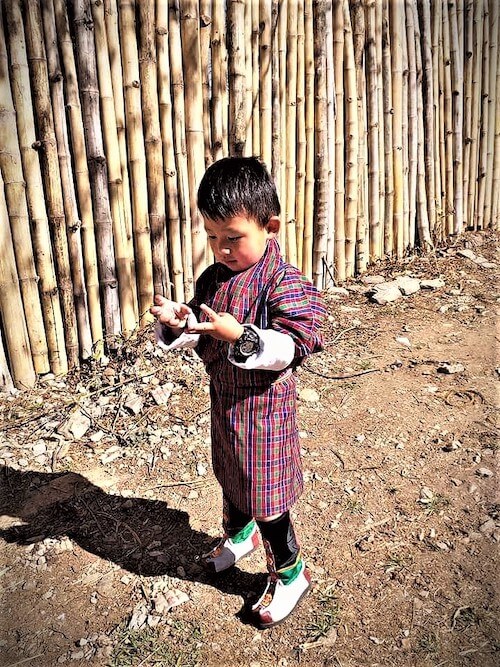 The tourism industry in Bhutan is founded on the principle of sustainability, meaning that tourism must be environmentally and ecologically friendly, socially and culturally acceptable and economically viable. The number of tourists visiting the country is regulated to a manageable level and the Royal Government of Bhutan adheres strongly to the policy of ‘High Value, Low Volume’ tourism which serves the purpose of creating an image of exclusivity and high yield for the country.
The tourism industry in Bhutan is founded on the principle of sustainability, meaning that tourism must be environmentally and ecologically friendly, socially and culturally acceptable and economically viable. The number of tourists visiting the country is regulated to a manageable level and the Royal Government of Bhutan adheres strongly to the policy of ‘High Value, Low Volume’ tourism which serves the purpose of creating an image of exclusivity and high yield for the country.
The Royal Government of Bhutan recognizes that tourism is a worldwide phenomenon and an important means of achieving socioeconomic development particularly for a developing country like Bhutan. It also recognizes that tourism, in affording the opportunity to travel, can help in promoting understanding among people and building closer ties of friendship based on appreciation and respect for different cultures, traditions and lifestyles.
Towards achieving this objective, the Royal Government of Bhutan, since the inception of tourism in the year 1974 has adopted a very cautious approach towards the growth and development of the tourism industry in Bhutan. In order to minimize the negative impacts of tourism, the number of tourists has been maintained at a manageable level and in past until June'2022, one of the measures adopted to exercise this control had been through a policy of Government regulated Minimum Daily Package Rate (MDPR). However, re-strategizing policy of 'High Value & Low Volume' tourism to ensure the sustainable use of tourism resources, effective from 20th June 2022 Minimum Daily Package Rate (MDPR) was abolished while Sustainable Development Fee (SDF) raised from previous’ US Dollar 65 to US Dollar 200 per person per night. The SDF principally is the Sustainable Development Fee, a daily levy paid by visitors to support Bhutan’s development. The SDF is collected by national exchequer and funds are allocated to various projects that enhance facilities, services and infrastructure for Bhutanese nationals and visitors alike, as well as funding free healthcare and education.
Bhutan’s consistent tourism policy of ‘High Value, Low Volume ’ tourism has helped the Kingdom ensure its rich living culture. The Kingdom represents a mystical destination for those seeking a journey back into time. Visitors walk into a rich and vibrant culture still manifested in dances & songs, festivals & legends, the art & architecture, all in a pristine natural setting of majestic mountains and lush valleys.
Department of Tourism (DOT) is the apex tourism organization of the country, responsible for the development, promotion and regulation of tourism in the country and having the vision to promote Bhutan as 'A green, sustainable, inclusive and a high-value tourism destination'. The guiding principles of DOT are: